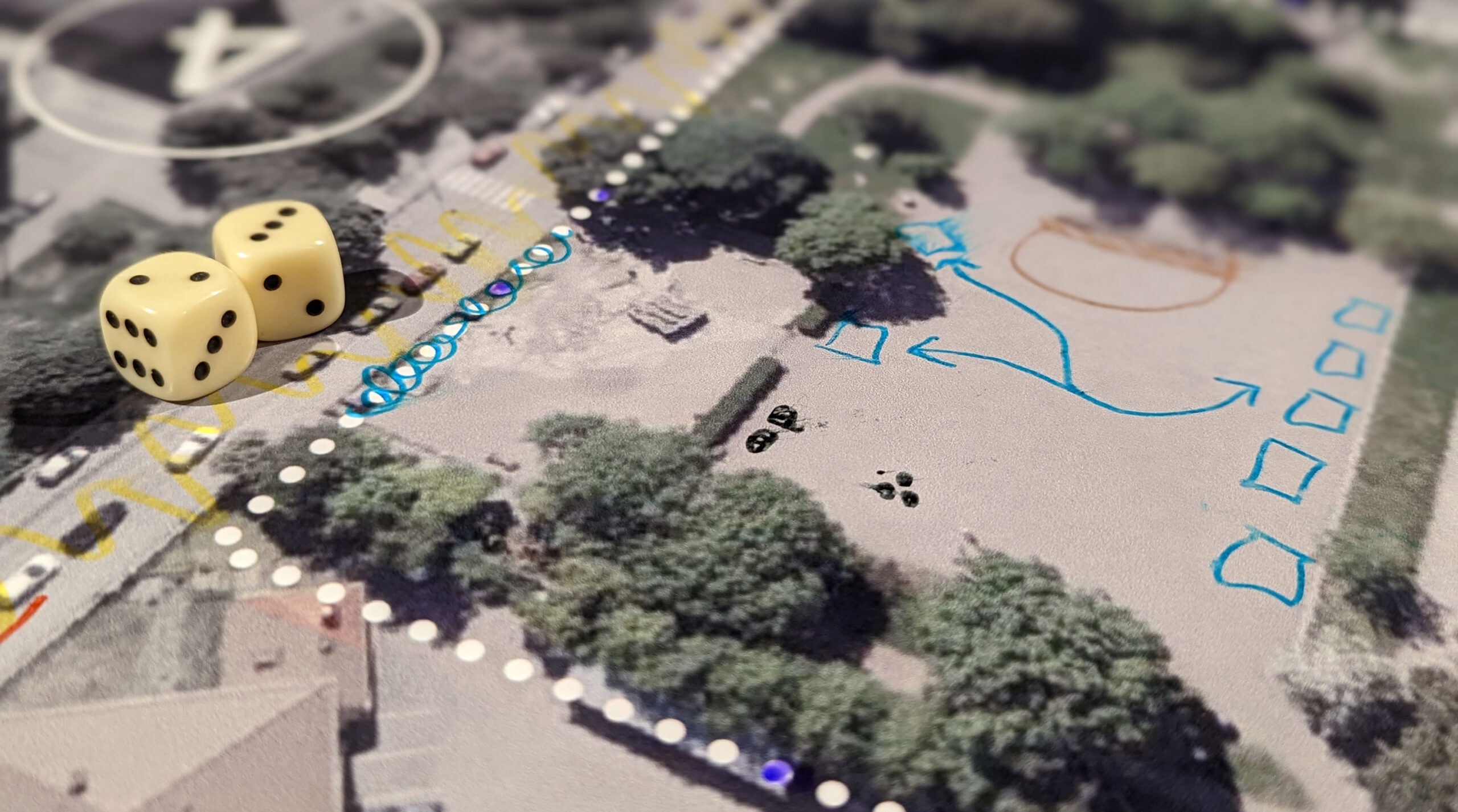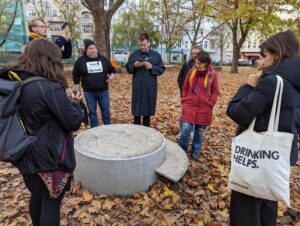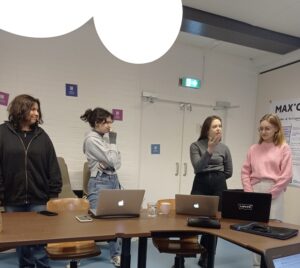PARTICIPOLOGY
COLLABORATIVE DECISION-MAKING
Based on a board game format, the practice allows participants to take on different roles and facilitates decision-making in urban planning.
Short summary of the practice
PARTICIPOLOGY is a set of online open-source resources designed to make participatory exercises more engaging, fun and effective. It revolves around the use of a board game format where players encounter questions/challenges as determined by the roll of the dice. The board, questions and game rules can be designed from scratch or existing templates can be adapted to your specific needs.
Goal of the practice
The PARTICIPOLOGY exercise is designed to learn about and/or engage in public participation processes related to environmental and urban planning decision-making. Players take on different stakeholder roles and navigate through challenges and opportunities to reach a decision together.
Target group
Young people, adults, school children
Number of participants: 6 – 15 persons
Age of participants: From 12 years old
Materials
- Paper or cards or flip charts to flip-charts for recording answers
- Questions from a design phase. Ideally, one question per card/page
- Tables – the number of tables is based upon the people present. Ideally, one table should be for 5 people to maximize interaction
- Boards – one per table
- Dice – one per table
- Facilitators – one per group to write group answers and encourage discussion
Location
A room with enough tables and chairs to fit all participants and form groups to play
Duration
120 – 150 min depending on the group size

Preparation
Preparation for the game is critical and can take time. There are a few steps to consider:
- Read the good practice participatory principles; PARTICIPOLOGY is not an end in itself
- Plan it well: poorly planned exercises may do more harm than good
- Read the guidance and case studies and understand how the exercise might work for you
- Agree the outcomes you want and how you’ll measure them
- Select or design your game board, question sets and roles
- Decide whether you need a trained facilitator or can supply your own
- Decide what information to capture and how the discussions and outcomes will be recorded
- Set a date, select and invite your participants
Step by step guide
The guidance needs to be evaluated within your own resources and timetables.
- It’s recommended that sessions last no longer than 2.5-3 hours at any one time.
- It’s recommended to prepare 4-5 questions at most, with entrance and exit tasks used as appropriate.
- It may be helpful to plan who sits at which table to ensure that a range of different interests or viewpoints are present.
- Dice should be used to move around the board; the throw of the dice determines the question to be answered and discussed.
- Each table usually plays their own separate game to enable cross-table comparisons and discussions afterwards, although nothing stops everyone playing the same game if that is what is desired.
- One player reads out the question (from the separate question folder) which is then followed by a table discussion, usually of around 10 minutes.
- The way answers are recorded will depend on the type of game being played. However, in general, it is important that a facilitator ensures that after group discussion: individual answers are logged including a justification; or one group answer or decision is logged, with justification.
- The entrance/exit impact may lead to further discussions according to the goals and time resources of your exercise.
- There should be a feedback session (‘debrief’) across the tables and a report capturing the key outcomes.
Submit your evaluation to the PARTICIPOLOGY website
Expected output
Participatory planning ideally involves all stakeholders in local development from the outset. In this way, stakeholders can learn about any conflicting views at an early stage. It can also be practised by simulating stakeholders, for example by students who have researched the interests of stakeholders.
Credit, References, and Resources
Link to the practice – http://www.participology.com/index.php
Link to c various studies – http://www.participology.com/case-studies.php#
Robinson, G. M., Hardman, M., &; Matley, R. J. (2021). Using games in geographical and planning-related teaching: Serious games, edutainment, board games and role-play. Social Sciences & Humanities Open, 4(1), 100208. https://doi.org/10.1016/j.ssaho.2021.100208
Related posts

Active Citizenship
Active citizenship in this context refers to the power of individuals or small resident groups to proactively engage in community mapping exercises for improving their city or neighborhood.

ArcGIS Online
ArcGIS Online provides a cloud-based mapping and analysis solution. It is used to create interactive web maps, analyse data, share and collaborate.

Civic Alert
Civic Alert is a platform designed to facilitate communication between citizens and governments. Citizens can use their mobile application to report problems in the city to the authorities in three easy steps.
